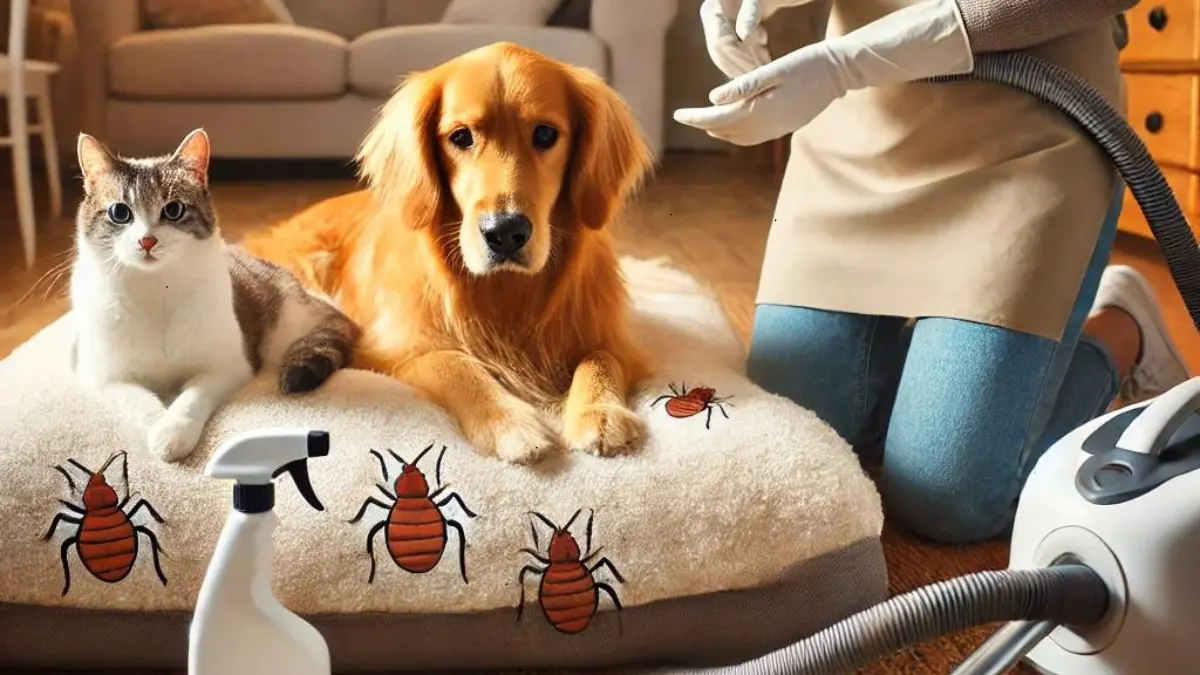Recognizing Rabbit Sickness: Early Signs and Prevention
Rabbits are delightful companions, but just like any other pet, they can fall ill. Early detection of rabbit sickness can significantly improve the chances of recovery. Here are some common symptoms to watch out for and preventive measures to ensure your rabbit’s well-being.
Common Symptoms of Rabbit Sickness
- Lethargy and Lack of Appetite: A rabbit that is usually energetic and enthusiastic about food may become sluggish and disinterested in eating. This could indicate a health issue.
- Weight Loss: If you notice a significant decrease in your rabbit’s weight, it’s a red flag. Sudden weight loss can be a symptom of various underlying conditions.
- Changes in Stool: Abnormal stool consistency, such as diarrhea or constipation, can be a sign of digestive problems. Look out for changes in the shape, size, or frequency of your rabbit’s droppings.
- Excessive Grooming: Rabbits spend a significant amount of time grooming themselves. If you observe excessive grooming or bald patches, it could be a sign of stress, discomfort, or an underlying health condition.
- Respiratory Issues: Sneezing, wheezing, or labored breathing are common symptoms of respiratory problems. Listen for any unusual sounds when your rabbit is resting or playing.
- Dental Problems: Rabbits’ teeth grow continuously, so dental issues can arise if they are not properly cared for. Symptoms of dental problems include difficulty eating, drooling, and weight loss.
- Urinary Tract Issues: Changes in urine color, frequency, or the presence of blood in the urine can indicate urinary tract problems.
- Abnormal Behavior: If your rabbit exhibits unusual behavior, such as aggression, hiding, or excessive scratching, it could be a sign of discomfort or illness.
Preventive Measures for a Healthy Rabbit
- Regular Vet Checkups: Schedule regular veterinary check-ups to monitor your rabbit’s health and catch any potential problems early on.
- Proper Nutrition: Provide a high-quality rabbit-specific diet that includes hay, fresh vegetables, and pellets. Ensure fresh, clean water is always available.
- Safe Environment: Create a safe and stimulating environment for your rabbit, free from hazards and toxins.
- Dental Care: Regularly check your rabbit’s teeth for overgrown or maloccluded incisors. Consider professional dental care from a veterinarian.
- Socialization: Rabbits are social animals and benefit from interaction with other rabbits or humans.
- Stress Reduction: Minimize stress by providing a quiet and peaceful environment and avoiding sudden changes.
If you notice any of these symptoms in your rabbit, it’s essential to consult a veterinarian promptly. Early diagnosis and treatment can significantly improve your rabbit’s chances of recovery.














